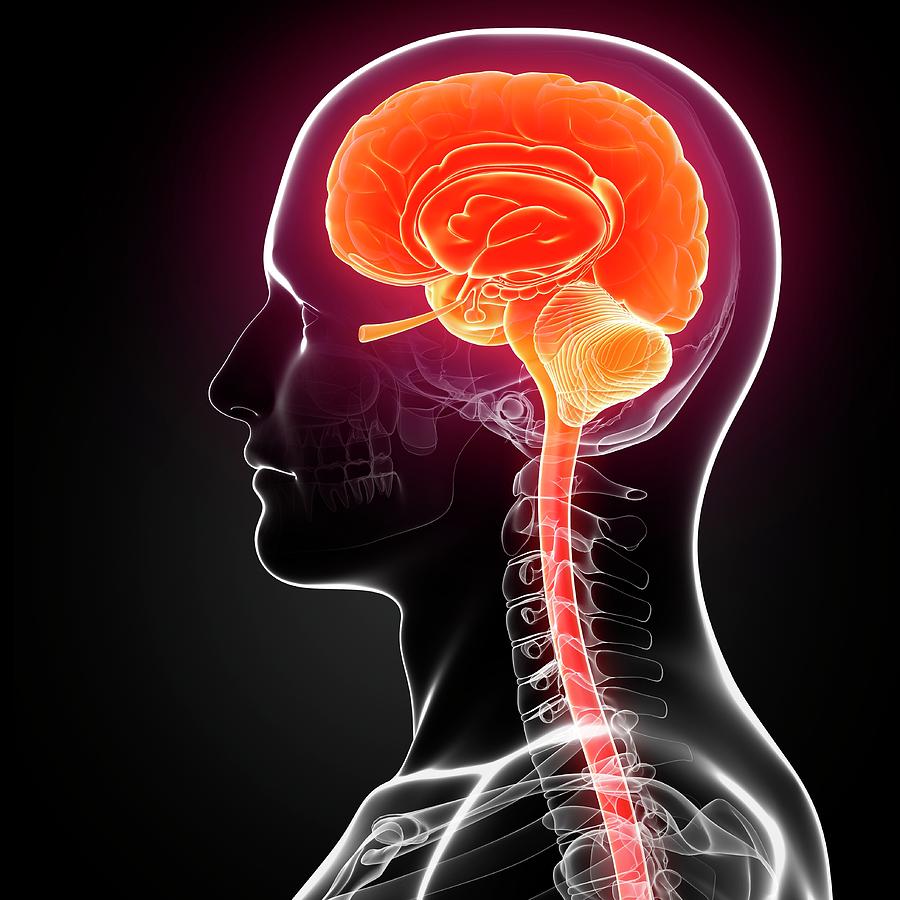Louisiana’s scorching temperatures and high humidity levels pose significant risks for heat-related incidents and illnesses. A heat stroke is a severe, life-threatening condition that can be especially dangerous for individuals who are already vulnerable due to chronic conditions and disabilities. Incorporating heat safety to your routine is essential to ensure health and well-being during the warm months.
What is a Heat Stroke?
Heat stroke occurs when the body’s temperature regulation system becomes overwhelmed by excessive heat. It is the most severe form of heat-related illness, as it can lead to organ failure or death, if not treated immediately and effectively.
Symptoms of Heat Stroke:
- Altered mental status (ie. confusion, slurred speech, irritability, delirium, disorientation, etc.)
- High body temperature (core body temperature of 104 degrees or higher)
- Nausea and vomiting
- Rapid, shallow breathing
- Red, hot, and/or dry skin
- Headaches
- Body aches/cramps/muscle weakness
- Fainting, unconsciousness
Ways to prevent a Heat Stroke:
- Stay Hydrated: Make a conscious effort to drink plenty of water, as dehydration is a major risk factor for heat stroke. You may want to avoid alcohol or caffeine when you are in the heat because these can dehydrate you.
- Schedule Outdoor Activities Wisely: Limit outdoor activities in the hottest parts of the day, which usually occur between 10am and 4pm.
- Take Frequent Breaks: If you are outdoors for extended periods, make sure to take breaks in the shade or go indoors with air conditioning.
- Dress for the Heat: Wear light-weight, loose-fitting clothing that allows the body to cool naturally. However, make sure that you limit how much of your body is exposed to the sun.
- Wear sunscreen: For the parts of your body that are exposed to the sun, be sure to wear sunscreen. It is important to wear sunscreen because sunburn affects your body’s ability to cool down. Sunburn can lead to other illness, such as sun poisoning.
- Use Cooling Devices: Consider using cooling vests, neck towels, fans, and/or other assistive cooling devices, especially if you know that you have impaired temperature regulation or if you have chronic illnesses or disabilities.
- Recognize the Signs Early: If you start to have any symptoms (listed above), be sure to take action and move to a cooler place where you can rest and drink water. Call for help if needed!
By understanding the risks of heat stroke and taking preventive measures, you can protect yourself and those around you from the dangers of high heat. Stay hydrated, cool, and informed! Always prioritize your health!





